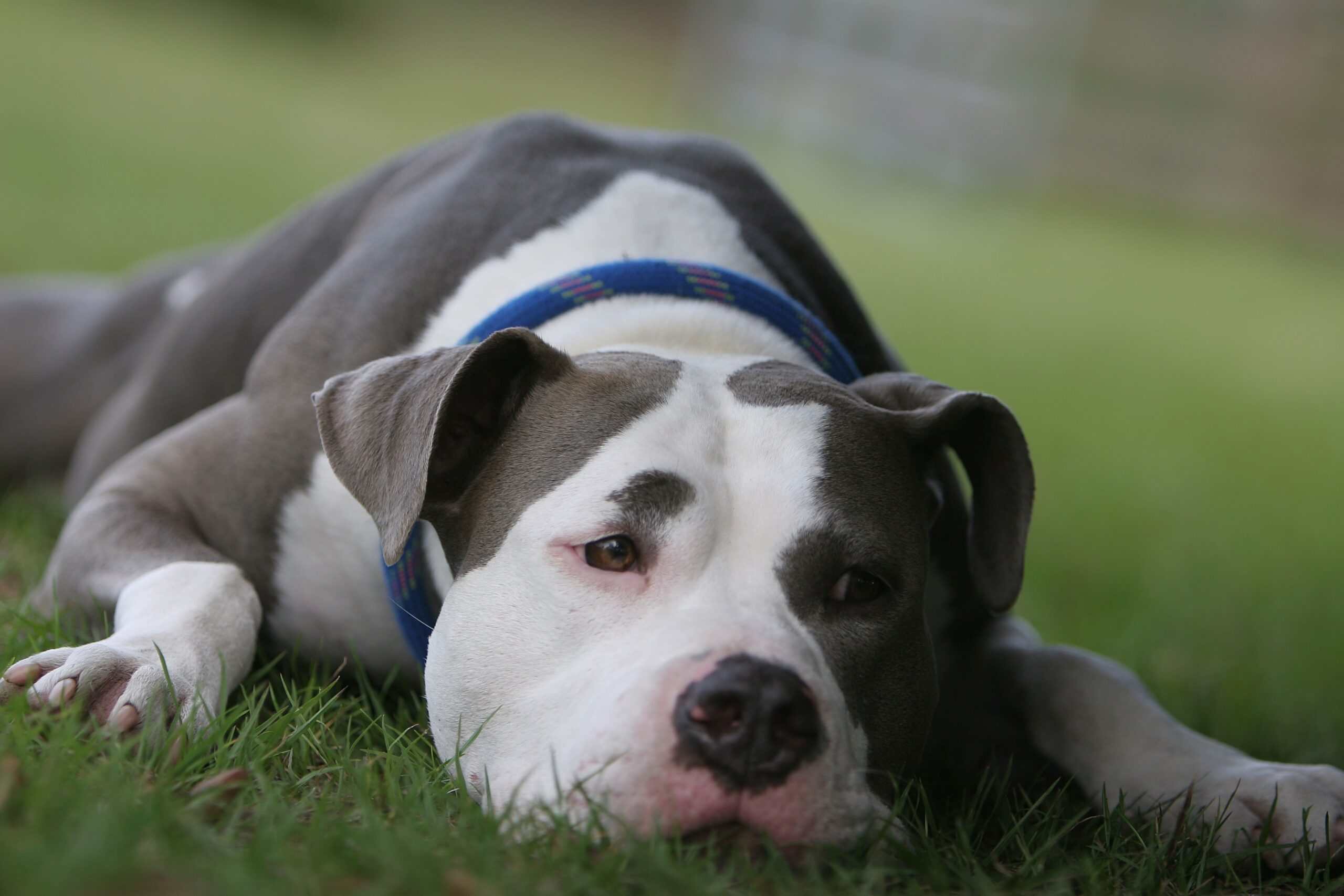It’s Allergy Season in Florida! Part 1- Environmental

Are your animals suffering from allergies? Did you notice it around the time everything outdoors was coated in pollen? Are you wondering if the allergy is caused by environmental, food, or parasites? Trust me, I have too with my animal family!
This would be much too long of a post to cover it all. So, I am going to start with environmental allergies and their causes:
- Animal dander
- Airborne pollens (grasses, weeds, trees, etc.)
- Mold spores (indoor and outdoor)
- House dust mite
It can be a frustrating and daunting task to determine the cause of the allergy, and an even bigger challenge can be to find a holistic and natural solution or solutions!
Signs they may have this type of allergy:
- Itchy skin -scratching ears, or body, or face rubbing
- Licking paws – check between toes too for any redness
- Sneezing or reverse sneezing
- Itchy or watery eyes with what I call “eye goop”
- Recurrent skin and ear infections
- Clear nasal drainage
- Gastrointestinal (GI) issues, like loose stools
- Hair loss and red skin
Over the years with all my animals and even myself, allergies have been a challenge and since I love all things natural and holistic, that is the path I like to choose, if possible. (Unless it is an emergency and then I use allopathic medicine and follow up with something natural for the long term, if possible)
I have been extremely focused on this lately since everything here at Sacred Acres is covered in yellow “dust” aka pollen!! Both me and my dog Titan are affected by this long seasonal situation.
My current dog, Titan, had itchy skin right about the time I was also sneezing and blowing my nose from all the pollen here. I went ahead and assumed it was environmental allergies and purchased some natural products for both of us, which I will share below.
Benadryl has been a safe and effective way for me to stop an allergic reaction in myself and my dogs. Please, always ask your veterinarian first if you can and/or should administer it to your animal. I also buy the kind without any dyes in it. A holistic vet I study with, Dr. Jeff Gognet, says that Benadryl worked in about 2/3rd of his dog patients.
Here are some of my experiences using Benadryl:
- Jenna Bear was stung by a hornet and her whole face swelled up from an allergic reaction, I called my vet, and they approved Benadryl at 1-2 mg per pound, twice a day for her. Luckily, it helped immediately to stop the allergic reaction she was having to the sting. (I also used Miracle clay from Dynamite topically to help pull out the stinger and reduce the swelling, and it worked great together!)
- Titan my Dobbi/Rott, was put on Benadryl last year and it helped quite a bit with his itchiness during pollen season.
- Titan again was put on it by our holistic vet because this time it was to keep his histamine levels down due to mast cell tumor, which was surgically removed thank goodness! A mast cell tumor releases a lot of histamine into the body and causes inflammation. And a just an FYI, they pop up quick and usually get mistaken at first, for a bug bite. (so, if you see any strange lumps pop up go to the vet to get it checked out, better to be safe and catch it early, like we did)
- Normally it is also safe for horses…but not for Sky! I had a horse vet come out when one of my horses was struggling to breath and along with another medication for breathing, she wanted to administer Benadryl…. NOT a good situation!! Turns out my horse is one of the few who has an unbelievably bad reaction to this drug. That is why it is so important to include you veterinarian when administering drugs, even “safe” over-the-counter ones!!
- Benadryl for cats… well even though it is said to be safe, more cats are sensitive to it, and it does not seem to be as effective, so I have never used it for my cats. Again, please talk to and see your vet first to determine if this is right for you animal.
This pollen season, Titan’s itchy skin unfortunately was not helped by Benadryl. So, I started his natural supplements one at a time (at an appropriate for his weight dose) so I can see what will work.
*Side note: I also searched and searched for fleas, and even just the “flea dirt” to see if just one flea was on him. And found nothing… this topic for allergies in cats and dogs will be in another post about parasite allergies.
Some safe natural supplements that we are currently trying out:
(note: natural supplements can take longer so you will need patience and an animal that isn’t really bad with symptoms, which Titan is not that bad. Plus, we just had a trip to our vet)
- Quercetin – also called “natures Benadryl” is an antihistamine found in many fruits and vegetables and can help with your animals’ allergies. I use it at 100 mg per 10 lbs. of weight for dogs or cats, usually once per day. However please check with your holistic veterinarian. We started this about 3 weeks ago so still waiting to see if it helps. It can take up to 3 months to see a difference.
- PEA – Due to its powerful mast cell stabilization properties (and therefore antihistamine properties), PEA can be useful in helping with all forms of allergies, including environmental, food and contact allergy dermatitis. Here’s the long scientific name- Palmitoylethanolamide. Titan is using a dosage from the Well Pet Dispensary by Dr. Silver. We started this about 3 weeks ago so still waiting to see if it helps. It can take up to 3 months to see a difference. We are optimistic, this is good for so many things!
- Omega 3’s – because they are an extremely healthy fat (EPA & DHA) and they are anti-inflammatory, and as we know most issues in all of our bodies can start with both poor digestion and inflammation. He has been on these for a while for overall health and keeping inflammation in the body down for joint health, brain health and a healthy immune system. He is on a higher therapeutic dose.
Some lifestyle adjustments that can help also:
- Bath them once a week
- Brush them and wipe them down after they go out – don’t forget the belly
- Wipe off paws after they go outside (and get in between toes)
- Wash bedding regularly with hypoallergenic detergent
- Get a hypoallergenic bed
- Keep home free of dust, dander by cleaning and dusting regularly
- Limit outdoor time during the season of the allergy issues
- An air filter for the home like a HEPA air purifier
And last, but NOT least- feeding them a healthy species appropriate diet, with as much fresh food as you can, and a good pro and prebiotic to support gut health.
Supporting the gut is always key!
Now, scientific studies are showing the root causes of such allergies are due to Leaky Guy Syndrome. When the gut is healthy and working properly it keeps a tight barrier, but when it’s unhealthy, the barrier can have cracks, or spaces that allow the intestinal lining to let anything in the gut (food, toxins, bacteria) right into the bloodstream. That is why you see a dog itching its stomach or ear, it has traveled through the bloodstream and symptoms can show up all over.
I hope you found this helpful.
As always, reach out to your holistic vet to figure out the best plan for your beloved animal family member. I am not a vet, so this information is shared based on my experiences and what I have learned in classes with holistic veterinarians that I know personally and trust.
Wishing you and your animals a very happy, healthy, and itch-free allergy season!


